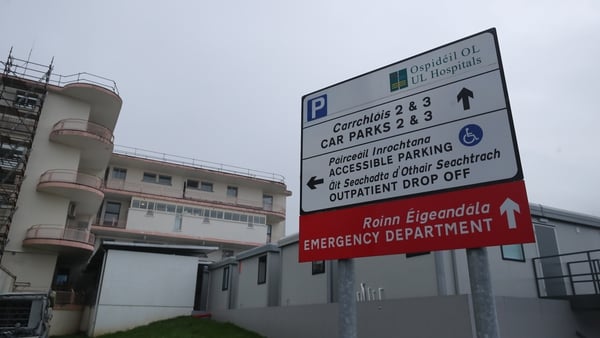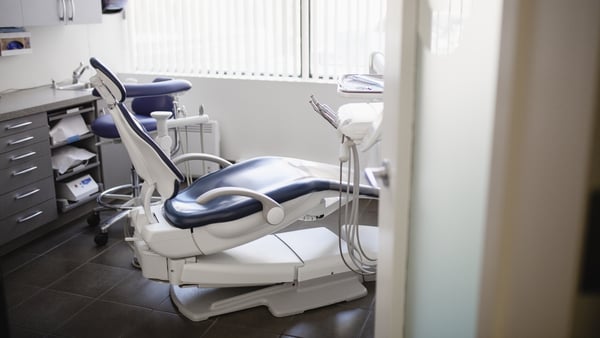Both high and moderate intake of alcohol are linked to increased odds of stroke, according to an international study, co-led by University of Galway.
The study showed no convincing link between low alcohol consumption and stroke, but the risk varied by region of the world.
The INTERSTROKE research looked at the alcohol consumption of almost 26,000 people around the world, including Ireland and the UK, of which one quarter of respondents were current drinkers and two-thirds were teetotal.
Current drinkers were linked with a 14% increase in odds of all strokes.
Heavy episodic or binge drinkers (defined as more than five drinks in a day at least once a month) were linked with a 39% increase in all strokes.
High-alcohol intake (defined as more than 14 drinks a week for females and more than 21 for males), was linked with a 57% increase in stroke risk.
Predominant beer consumption was linked with a 21% increase in risk of stroke while predominant wine consumption was not linked with risk of stroke, with results showing there was no increase or decrease.
Professor Martin O'Donnell, Professor of Neurovascular Medicine at University of Galway and Consultant Stroke Physician at Galway University Hospitals, co-led the international INTERSTROKE study in partnership with Canadian-based professor, Salim Yusuf.
Prof O'Donnell said that stroke is a leading cause of death and disability globally.
"Each year, approximately 7,500 Irish people have a stroke, and around 2,000 of these people die. An estimated 30,000 people in Ireland are living with disabilities as a result of stroke," he said.
The study also looked at the differences between types of alcohol with authors saying say this may reflect a difference in risk, or may reflect differences in the social context of consumption patterns.
The study has been published in the journal Neurology and involved people from a range of ethnic backgrounds in 27 countries.






